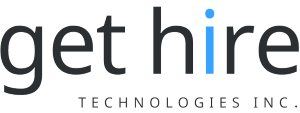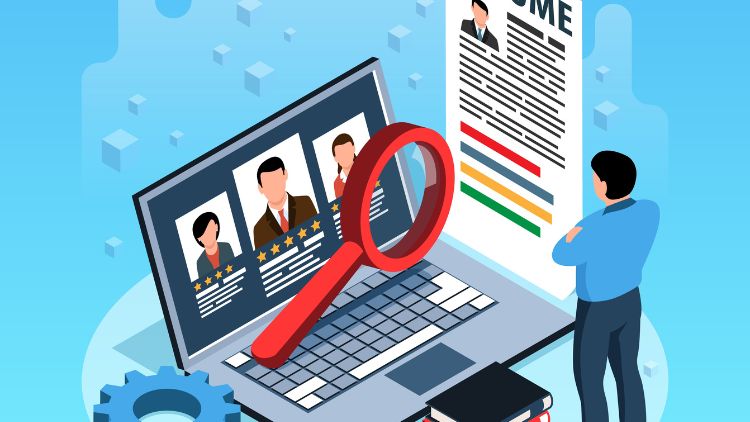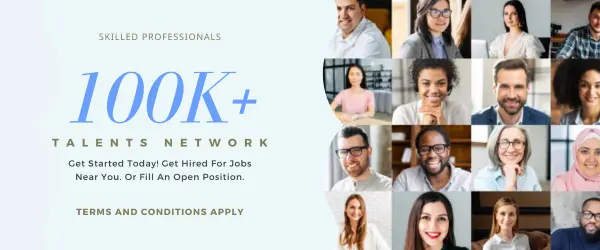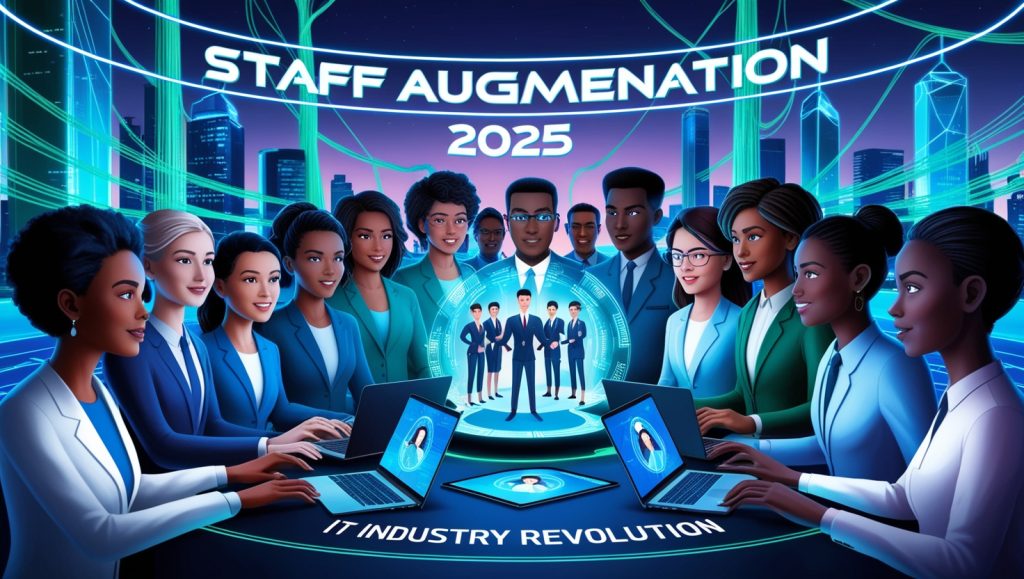Career gaps can feel like a big challenge when you’re looking for a new job. Many people worry that these breaks will make them look less qualified. But the truth is, career gaps are more common than ever. Employers understand that life happens, and they care more about how you handle those gaps.
Here, we will show you how to explain your career gaps clearly and confidently. By the end, you’ll know exactly how to address career gaps effectively in resumes and during interviews.
Employment Gaps: Do They Matter?
Employers should know that significant employment gaps should be a cause for concern. Employers are very selective in their choices of employees because they invest a lot of money and time into the hiring process, training, and orientation of new employees. Any break in your employment history may be interpreted to mean that you were jobless after being laid off or that you are not very serious.
Clarification Regarding Employment Gap on Your Resume
1. Be Honest
Recruiters are the first to review your resume, and therefore, you should not lie!
For instance, you do not wish to have a gap of two years in your employment history and fail to mention it only to be asked about it in an interview.
For this reason, one should not hide anything on the resume with regard to employment status or lack of it.
It is important to understand here that the prospective employers will come to know about your employment gap, especially if it is long or recent. Hence, trying to cover it will only be detrimental to your application, and the probability that the recruiters will consider you as a candidate who is trying to hide something will be high.
Also, if you are worried about it, remember that recruiters are people too, and they will most likely not mind if you explain to them that you have a gap in your employment and why it happened.
2. Delete the Employment Gap (If It’s Obsolete)
The good news is that you can safely omit your employment gap altogether from your resume if the gap was made some time back.
For instance, if you have a ten-year employment gap, then you should be prepared to explain the reason for it.
If you are not a professional who is already in the workforce, probably you will not even be listing jobs that you did ten years ago. In the end, the goal is to make your resume as up to date as possible while following the one-page resume format.
Thus, it is permissible to omit the employment gaps that took place many years before the most recent employment history (or brief, such as six months of unemployment).
3. Making Use of a Different Resume Format
If you have a long gap of more than a few months on your resume, it might be useful to consider using a completely different resume format.
A good way to reduce focus on the employment gap is to use a functional resume format, which focuses more on the skills and abilities than on the experience.
However, this does not mean that you should eliminate a job gap altogether when applying for a new resume format. Lying in this case is never the right thing to do, and it will always come back to haunt you (even if you get the job).
4. Use Your Time Away Effectively
Do not wait for someone to help you if you are out of a job and worried about how your prospective employers will react!
Instead of referring to the time you are going to spend without a job as a ‘career break’ or ‘looking for a job,’ start a side project to create something more valuable to add to your CV.
For instance, during your vacation from work, you could start that project that you have always wanted to work on yet never had the chance to do or enroll in one or more online courses related to your line of work!
In this way, you will be able to show the recruiters that you are a dynamic person who is developing even when being out of work, and you will have much more to talk about than just the fact that you were searching for a job or traveling around the world!
5. Prove That You Never Stopped Learning
Another good approach to dealing with previous employment gaps is to focus on the skills that you have developed and the knowledge that you have gained. Still, you could have been occupied in personal or professional development even if you were not officially employed.
How to Respond to Career Gap Interview Questions
While today’s resumes are likely to have gaps because of the pandemic, there are other common situations when you may be asked about gaps on your resume during the interview. Below are some employment gap interview answers on how to address questions about child care or leave:
If You Were Sick:
“I was ill and could not continue working at the previous workplace I used to work at. But thank God I have fully recovered now and am ready for the task ahead of me.”
If You Were Laid Off:
“I was fired from the previous company I worked for. It might have been due to a first-in, last-out policy or budget cuts. Regardless, my previous manager and reference can confirm my pride in my accomplishments there.
If You Were Fired:
“We had different expectations, which was the major cause of my resignation from the company. There were other factors as well. In my case, there are some things that I could have done differently, though I did not do them. I am eager to implement all the knowledge I have acquired in my new job.”
If You Have Been Away from the Workforce to Care for Children:
“It is for this reason that people say that they want to have it all, but I do not believe that is possible. I would like to go back to work after I gave up my job to stay at home and raise my children.”
Address Career Gaps Effectively with Support
You are not the only one having trouble managing career gaps on resumes and during interviews. Get Hire Technology Inc. specializes in helping professionals overcome these barriers.
Our experts offer tailored consultations, resume packages, and interview training so that you can always put your best foot forward. We help our clients whether they have been out of the workforce for a while, are shifting to a new field, or trying to adapt to new work dynamics.
Those gaps in your career shouldn’t be a barrier for you to cross. With the right techniques, those gaps can be expressions of your adaptability, resilience, and personal growth. Let us assist you in making advances towards your ideal job.








